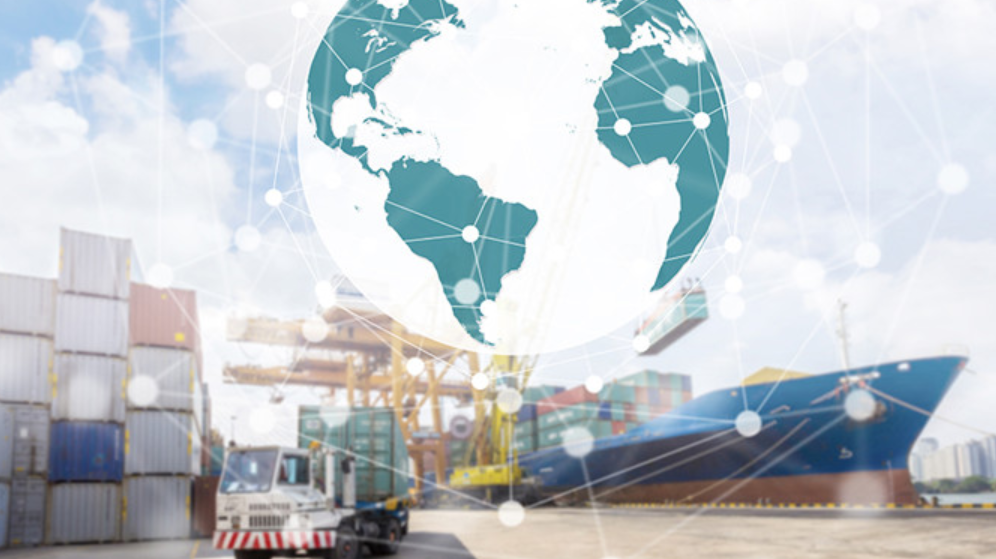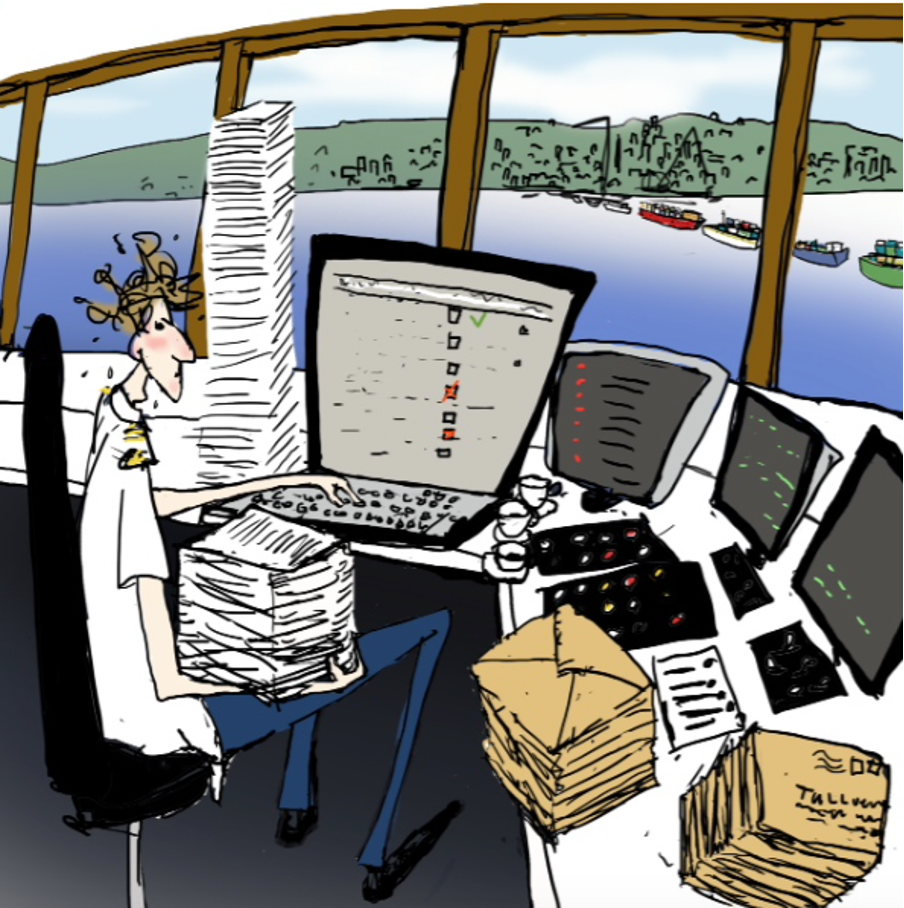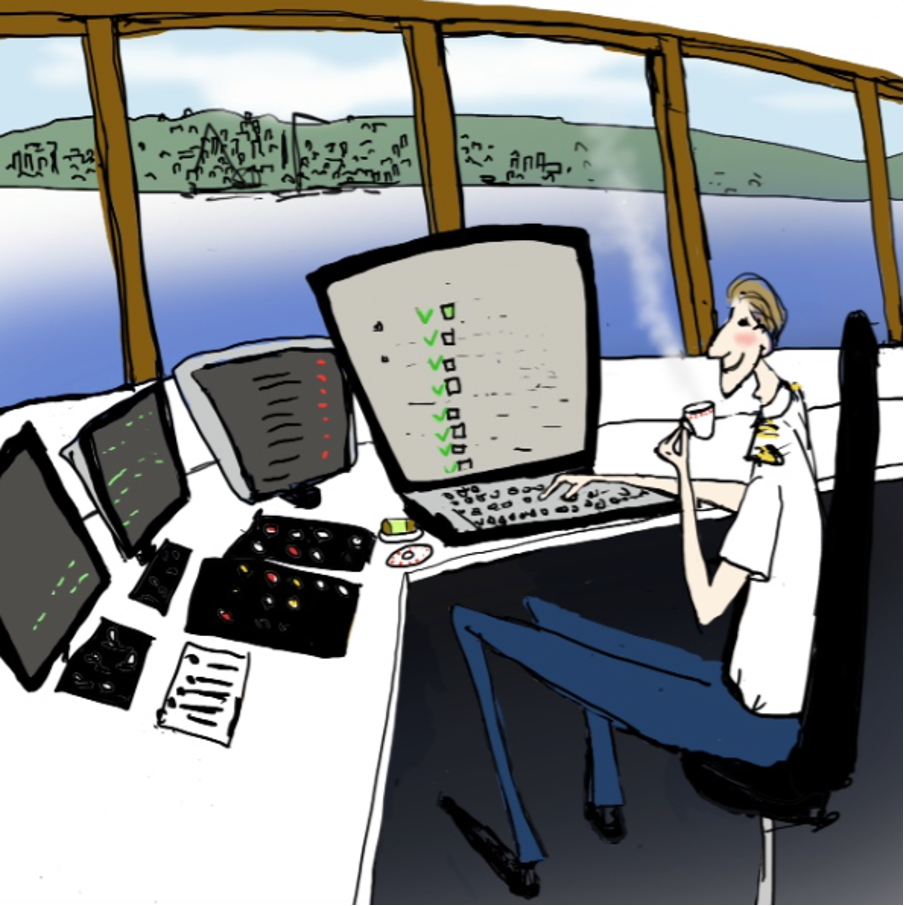
To process ports, customs, immigration, health and other formalities required by public authorities pertaining to a ship, its crew and passengers, baggage, cargo involves large amount of paper documents and procedures resulting in unlikely administrative burden and red tape for users.

The main objective of the IMO's Convention on Facilitation of International Maritime Traffic (FAL Convention), adopted in 1965, is to achieve the most efficient maritime transport as possible, looking for smooth transit in ports of ships, cargo and passengers. This efficiency has a clear impact in trade growth, and therefore, in the economy.
European Union Member States is implementing EC Directive 2010/65/EU – Reporting Formalities for Ships arriving in/departing from EU ports. Where Member States shall accept the fulfilment of reporting formalities in electronic format and their transmission via a Single Window as soon as possible and in any case no later than 1 June 2015. This Single Window, linking SafeSeaNet, e-Customs and other electronic systems, shall be the place where, in accordance with this Directive, all information is reported once and made available to various competent authorities and the Member States.
There are already developed some "Standards" and "Recommended Practices" on formalities, documentary requirements and
procedures which should be applied on arrival, stay and departure to the ship itself, and to its crew, passengers, baggage, cargo and etc.
ITDA is working together with experts to ensure that ships transit from port to port without unnecessary delays by simplifying and reducing paper work and formalities during their stay and departure on international voyages. ITDA aims to involve experts, cooperation Member States and the shipping industry, as a whole, to improve and facilitate the smooth passage of ships.

Still we need to work and solved a lot of negative impacts that affect maritime transport include excessive documentation requested at ports of call, long customs procedures and lengthy inspections. Long delays mean extra work for the port and customs authorities, extra costs for the ship owners and ship operators, pressure for the Masters and crew members who have to deliver the goods on time; cargo loss and even loss of business for ship owners.
The ITDA works hard to support electronic mean implementation for FAL forms covering arrival and departure and is promoting the global use of electronic data interchange (XML) between ships and shore.
We developed special software to convert any kind of data format to submit shipping formalities electronically into NSW, ensuring one stop shop reporting. The reporting can be executed on-board ship by ship Master by using autonomous reporting tool or sending by e-mail prefilled structured excel spreadsheet. The aim of the solution is to optimize clients’ costs by improving formalities processing and ship turnaround in ports.

